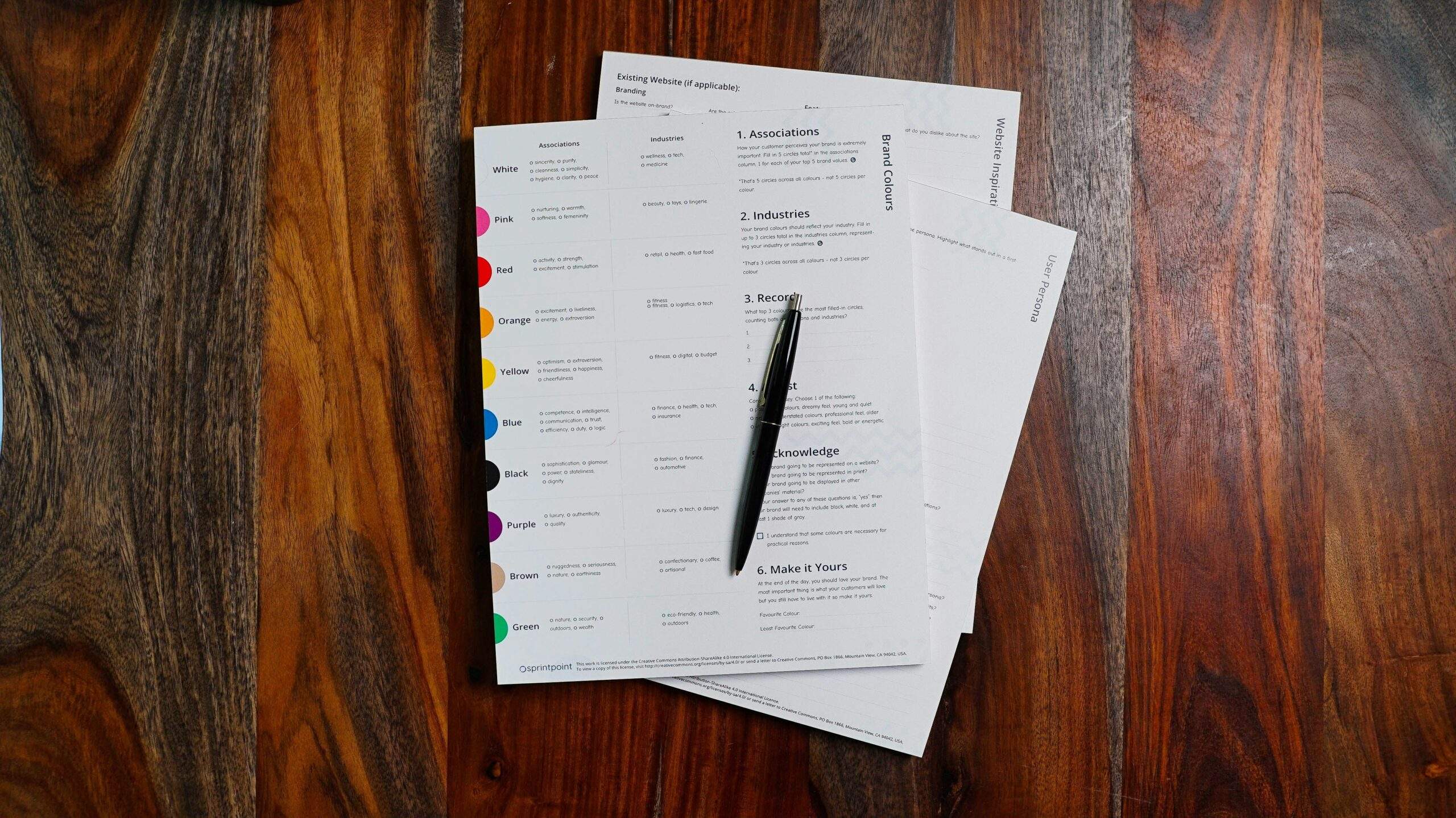Ever found yourself staring at your student loan balance in panic because life decided to throw an unexpected expense at you? Yep, us too. Whether it’s medical bills, job loss, or just plain bad luck, sometimes managing debt feels like trying to outrun a freight train. But here’s the good news: options like forbearance and deferment can save your financial sanity—if you know how to use them.
In this post, we’ll break down Forbearance vs. Deferment, clarify which one suits your situation best, and sprinkle in some brutally honest advice (because no sugarcoating here). Buckle up; you’re about to become a loan-relief ninja.
Table of Contents
- Key Takeaways
- The Problem with Loan Stress
- Understanding Forbearance vs. Deferment
- Tips and Best Practices
- Examples and Case Studies
- FAQs About Forbearance and Deferment
- Conclusion
Key Takeaways
- Both forbearance and deferment pause or reduce payments but serve different purposes.
- Deferment is ideal if you qualify for interest subsidies on subsidized loans.
- Forbearance should be a last resort due to accruing interest.
- Always exhaust all other repayment options before applying for relief programs.
- Your lender’s policies matter—know the fine print!
The Problem with Loan Stress
Here’s the ugly truth: over 43 million Americans carry federal student loan debt. And guess what? Life doesn’t stop once those monthly bills start rolling in. What happens when emergencies strike? That’s where forbearance and deferment enter the scene.
I once tried ignoring my loan statements during a rough patch (don’t judge—RIP to my credit score). It wasn’t pretty. By the time I faced reality, my balances had ballooned thanks to capitalized interest. Don’t make my mistake. Understanding these terms could mean saving hundreds—or even thousands—of dollars down the line.

Understanding Forbearance vs. Deferment
What Exactly Is Forbearance?
Forbearance temporarily pauses or lowers your payments—but there’s a catch. Interest still accrues during this period, meaning your total balance grows unless you pay the interest while in forbearance. Think of it as hitting “pause” on a movie—you’re not moving forward, but the popcorn keeps getting expensive.
How About Deferment?
Deferment is like forbearance’s more generous cousin. Depending on your loan type, the government might cover the interest on subsidized loans during deferment. However, qualifying isn’t easy—you typically need proof of unemployment, economic hardship, or enrollment in school.
| Feature | Forbearance | Deferment |
|---|---|---|
| Eligibility Requirements | Few restrictions | More stringent criteria |
| Interest Accrual | Yes (always) | No (on subsidized loans) |
| Duration | Typically shorter | Potentially longer |
Tips and Best Practices
- Contact Your Lender ASAP: Ignoring the problem won’t magic it away. Reach out early to discuss options.
- Pay the Interest: If possible, keep paying the interest during forbearance to prevent capitalization later.
- Document Everything: Keep records of conversations and written agreements. Paper trails are magical spells against bureaucratic mishaps.
- Avoid Terrible Tips: DON’T assume forbearance is always better—it can cost you big-time long-term.
- Explore Alternatives: Consider income-driven repayment plans before jumping into deferment or forbearance.
Rant Alert:
Why do lenders bury their info in pages of legalese?! Seriously, navigating loan terms feels like deciphering ancient runes. A little transparency would go a long way, guys.

Examples and Case Studies
Case Study #1: Sarah’s Story
Sarah, a recent grad, lost her job unexpectedly. She applied for both deferment and forbearance, choosing deferment since she had subsidized loans. Her smart move saved her nearly $2K in accrued interest over six months.
Case Study #2: Mike’s Mistake
Mike opted for forbearance without realizing his unsubsidized loans meant skyrocketing interest. Within nine months, his balance shot up by 8%. Lesson learned? Always crunch the numbers first.
FAQs About Forbearance and Deferment
Q: Can I apply for multiple periods of deferment or forbearance?
Absolutely, though limits exist depending on your loan program. Check directly with your servicer for specifics.
Q: Will these affect my credit score?
Nope! Both options report neutrally to credit bureaus. Just don’t default—that’s a whole other disaster.
Q: Are private loans eligible?
Private lenders set their own rules, but many offer similar temporary relief programs. Be prepared to negotiate.
Conclusion
Navigating Forbearance vs. Deferment can feel overwhelming, but remember: knowledge is power. Make informed choices based on your financial situation, avoid costly mistakes, and lean on expert resources whenever needed.
Optimist You:* “Phew, now I’ve got this under control!”
Grumpy You:* “Yeah, yeah—but only after I caffeinate properly.”*
Like Pac-Man chasing pellets, tracking down the right debt relief takes persistence—but hey, you’ve got this. *Wakka wakka.*


